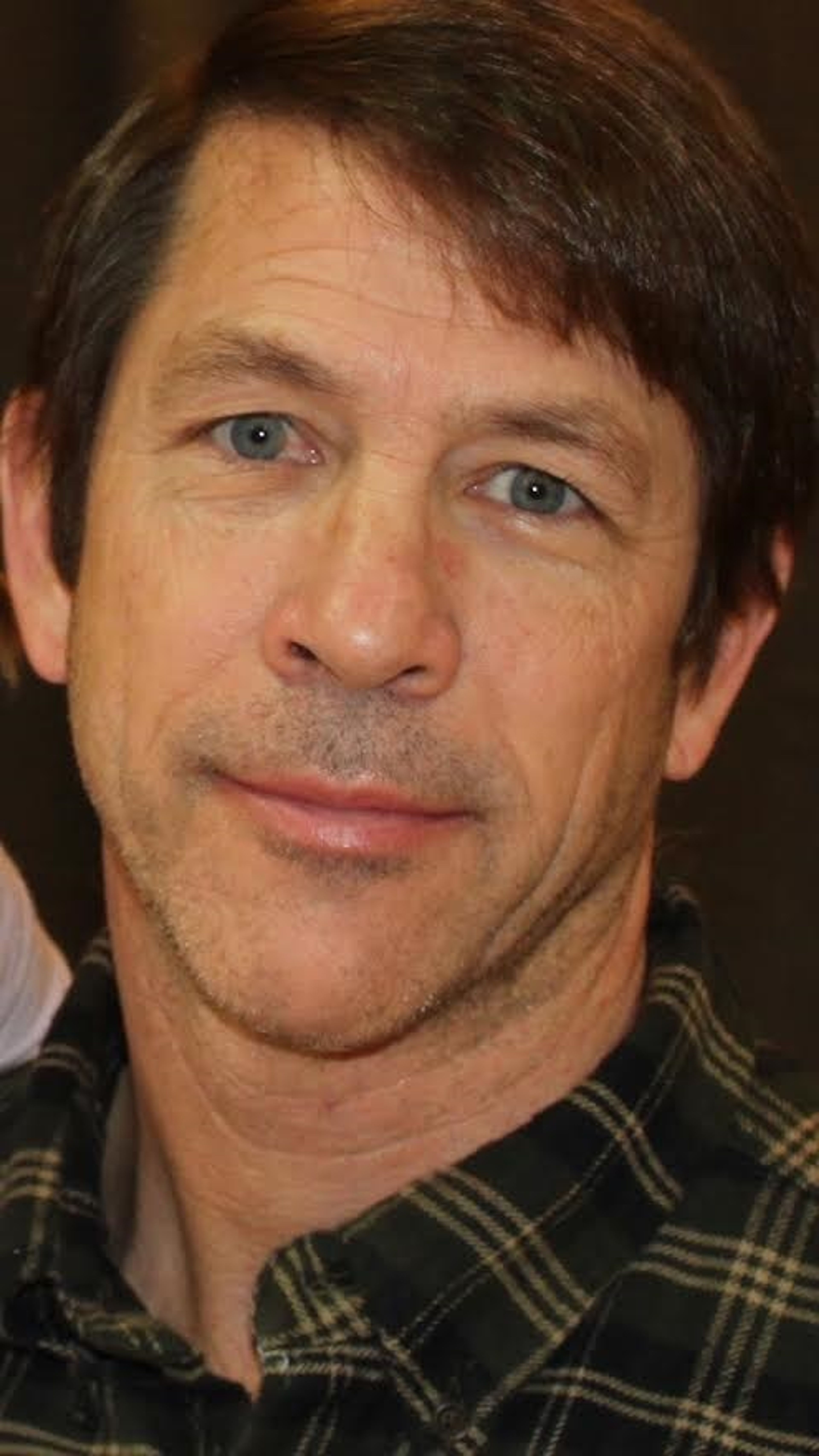"No policing - no policing at all - has any benefit at all on the flow of drugs."
Neil Woods can say that with authority, from his years working undercover and having access to national and international intelligence on the topic.
Woods' experience as an undercover cop motivated him to write "Good Cop, Bad War." He was an early undercover cop in the United Kingdom who helped to build the undercover program; his arrestees' sentences total 1,000-plus years. Nevertheless, in any city, he only interrupted the flow of drugs for about two hours.
"It didn't take me long working in drug investigations to realize that the war on drugs just couldn't be won because it doesn't take very much time investigating drugs to realize that the supply of drugs is never interrupted," he said in a "Renegade, Inc." video on YouTube.
He observed an upward spiral of increasing viciousness and violence. Each time the police would remove some black market merchants, the next group of merchants would be more violent. The harder he tried, developing expertise and tactics, the more violent the pushback to scare people so they wouldn't confide in strangers.
His personal cross? He accepts this increasing violence was a reaction to undercover police.
He shoulders a lot of responsibility for the violence in the U.K. because he was involved in the development of tactics and in training the undercover officers, the length and breadth of the country.
When drug warriors brag about large seizures, Woods' says that increasing seizures of drugs are a direct indication of the failure of the drug wars because large seizures are "always less than one percent of what's on the street."
Wiley Hollingsworth
Pullman







